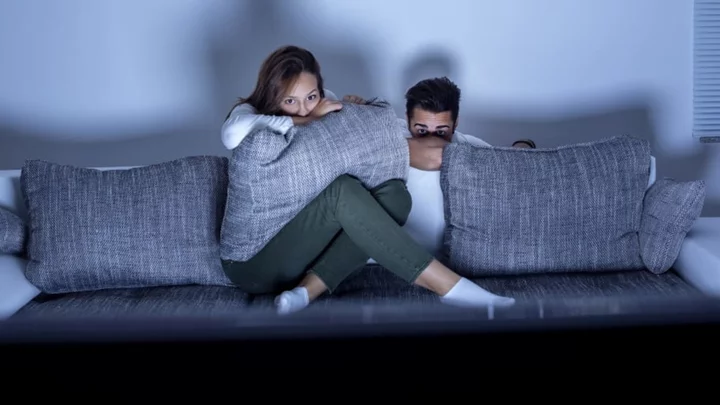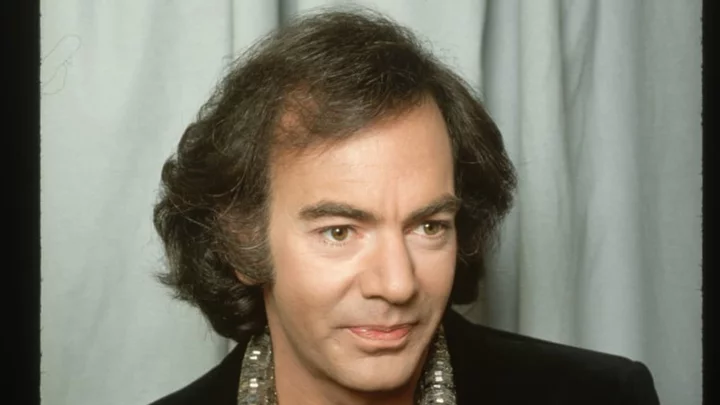Picture this: You’re sitting on your couch in the dark alone, watching a scary movie. The killer is walking toward an unsuspecting victim, then suddenly jumps out at her. In that moment, the hairs on your body stand up, and you get a shiver down your spine. When you go for a walk on a crisp morning, the same thing happens. When the music swells during your favorite song, you get the shivers again, this time with the little goosebumps on your arms that appear when you get that sensation. What is going on?
Animal Instinct
There’s a good reason for shivers and goosebumps: They’re your body’s response to emotion or stress. We got this from our animal ancestors: When they were cold, the hair on their bodies would stand up—the movement of the arrector pili muscle would cause the skin to contract, raising each hair—to provide an extra layer of insulation.
This response is also in play when animals feel threatened; their natural reaction is to try to look bigger than their attacker, so their skin and hair expand to play up that effect. The part of the brain called the hypothalamus is what controls this reaction.
Shivering can also be a sign that the body is attempting to warm itself up. According to a post on McGill University’s Office for Science and Society blog, “Shivering is our body’s way of raising its core temperature to bring it back to a state of homeostasis ... If body temperature dips below the normal 98.6° F (37° Celsius), we will start shivering, which will then cause muscles to contract and then relax very rapidly, thereby expending energy to warm up the whole body. These muscle contractions cause limbs to shake and also teeth to chatter. Shivering, similar to blood pressure and heart rate, is an automatic and totally involuntary function that the body performs to regulate itself.”
Why do we shiver or get goosebumps when we’re not cold?
So why do goosebumps—also known as cutis anserina or piloerection—appear when it’s not for a functional purpose like looking larger or creating insulation? It’s because our emotions are also connected with the hypothalamus, so sometimes goosebumps are just our body reacting to our brain’s signals of intense emotion.
When we feel things like love, fear, or sadness, the hypothalamus sends a signal to our bodies that produces adrenaline in our blood. The signal triggers the arrector pili muscles to contract, and then we have goosebumps caused by emotion. The sudden adrenaline rush may also cause sweaty palms, tears, increased blood pressure, or shivers. That shiver down your spine goes goes by several names: Some call it frisson, or “shiver” in French, especially when music is involved; others go with terms like aesthetic chills [PDF] or psychogenic shivers.
When we watch movies or listen to music and get shivers, it’s a mixture of subjective emotions toward the film or song and physiological arousal. If we watch a movie or hear a song we get excited about, or one that makes us sad, the hypothalamus reacts to the sudden change in emotion and we physically feel the shiver along our spine.
Now that you know why we get shivers down our spines (even when we’re not cold), read up on people who can control their goosebumps.
A version of this story ran in 2012; it has been updated for 2023.
This article was originally published on www.mentalfloss.com as Why Do We Get Shivers Down Our Spines?.









